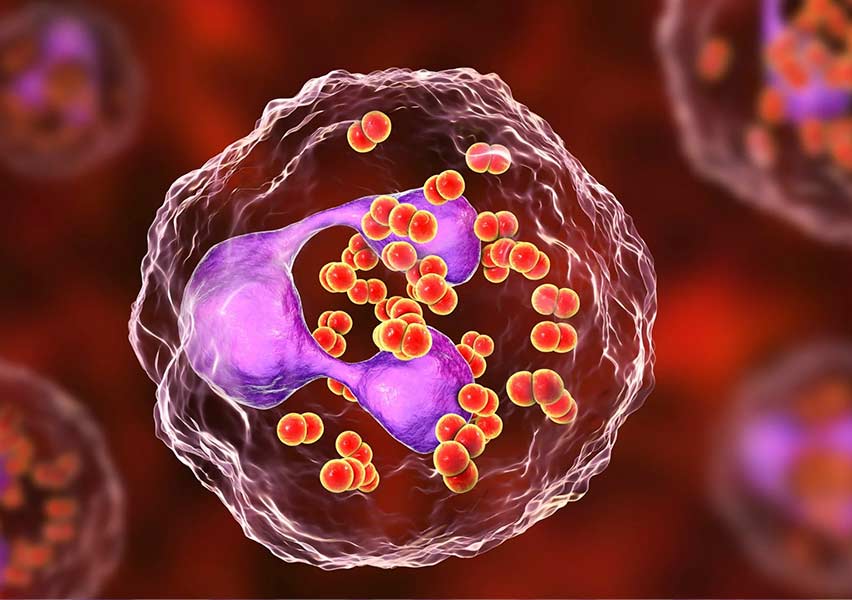Ureaplasma parvum
Ureaplasma parvum is a bacterium from the genus Ureaplasma and the family Mycoplasmataceae. It is one of the smallest free-living organisms (0.1 – 1 µm) and lacks a cell wall. Although it is part of the normal genital flora in humans, under certain conditions it can become pathogenic, causing urogenital infections or complications during pregnancy. Early diagnosis and proper treatment are essential to prevent sequelae such as infertility or preterm birth.
Clinical Manifestations:
Most people infected with Ureaplasma parvum are asymptomatic or show mild symptoms. However, in some cases, it can cause significant complications.
In women, it may cause:
- Dysuria (pain or burning during urination)
- Abnormal vaginal discharge
- Pain during intercourse (dyspareunia)
- Pelvic pain
- Association with pelvic inflammatory disease (PID), which can lead to infertility
In men, it may cause:
- Urethritis (pain or burning during urination)
- Urethral discharge
- Testicular pain or inflammation (less common)
Diagnosis:
Because its symptoms resemble those of other urogenital infections, specific tests are needed to confirm the microorganism's presence. Nucleic acid amplification tests, such as PCR, are the gold standard. Serological tests have low sensitivity and are rarely used. Rapid STI tests that can be done at home are available and allow for quick and confidential detection of U. parvum.
Transmission:
Ureaplasma parvum is mainly transmitted through:
- Direct sexual contact (genital-genital, oral-genital)
- Vertical transmission (mother to child during pregnancy or childbirth)
- Less commonly, through tissue transplantation
Treatment:
Due to the lack of a cell wall, U. parvum is resistant to beta-lactam antibiotics.

